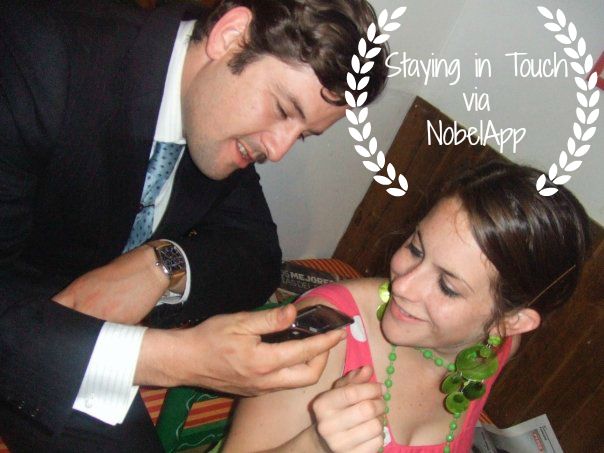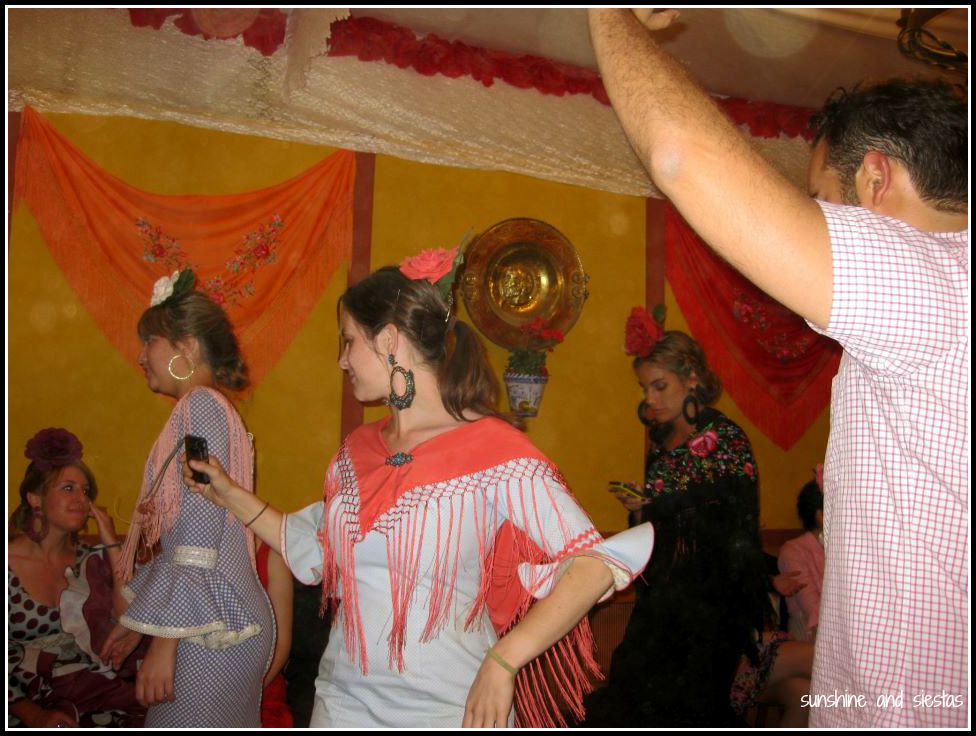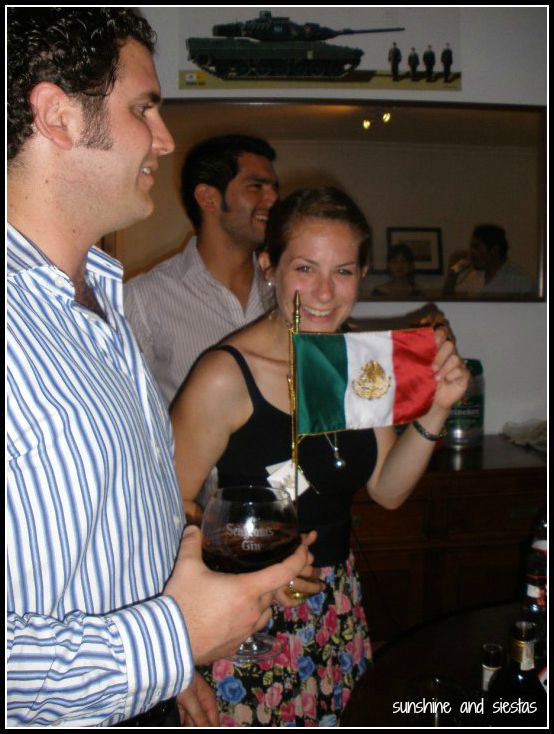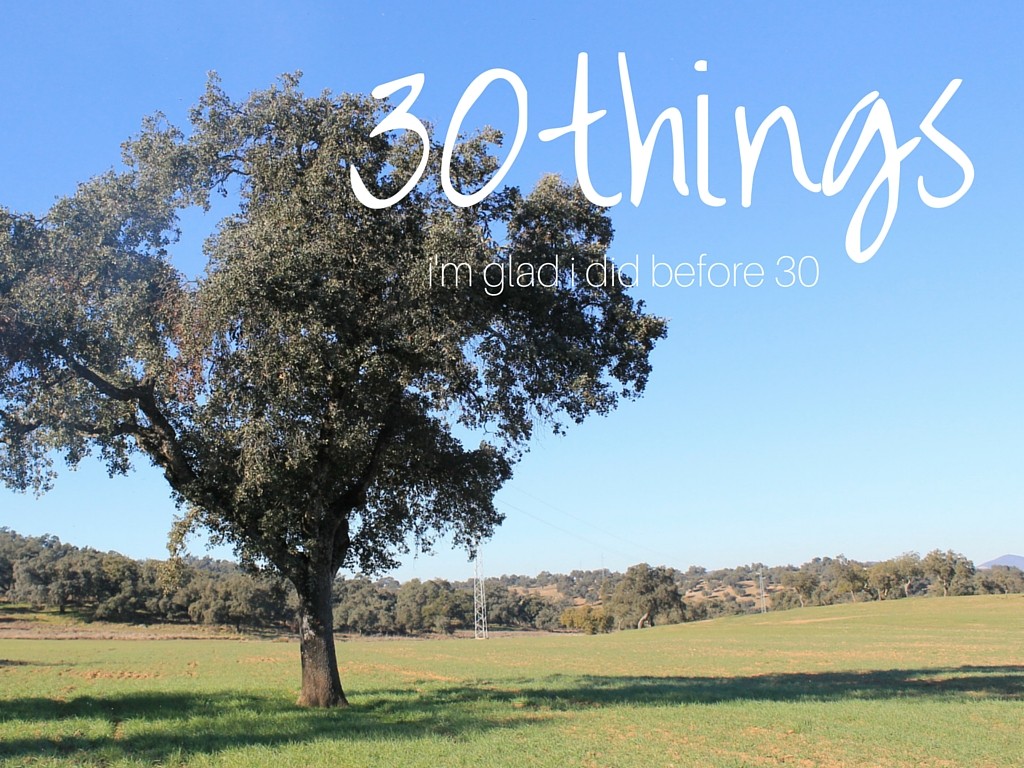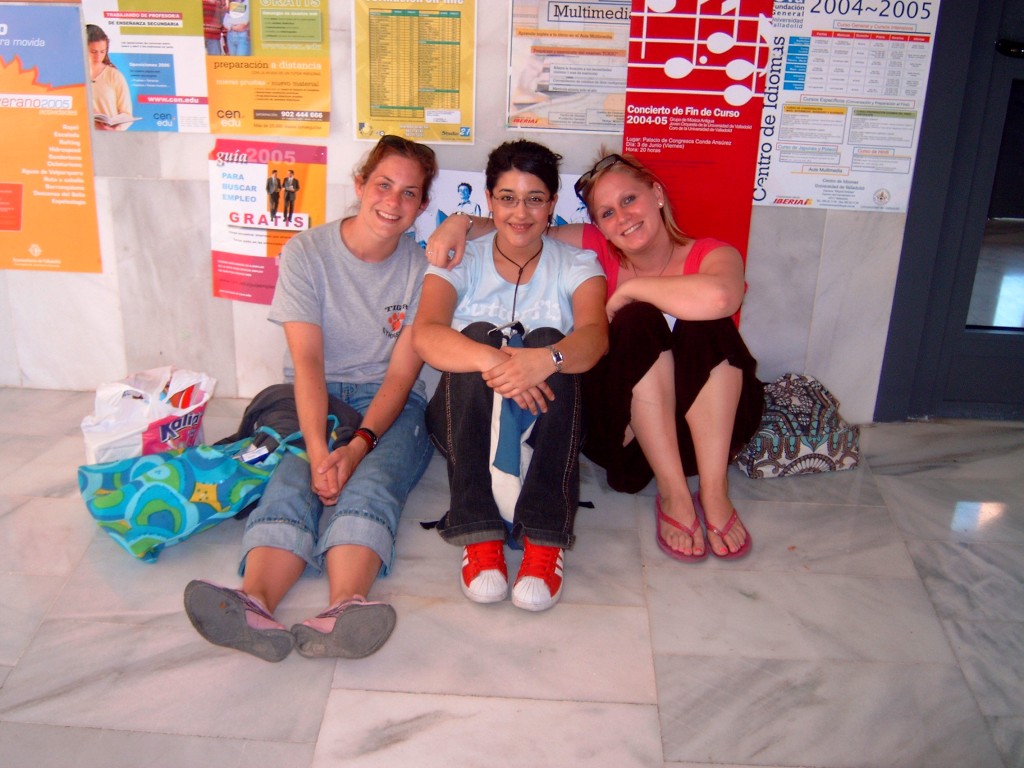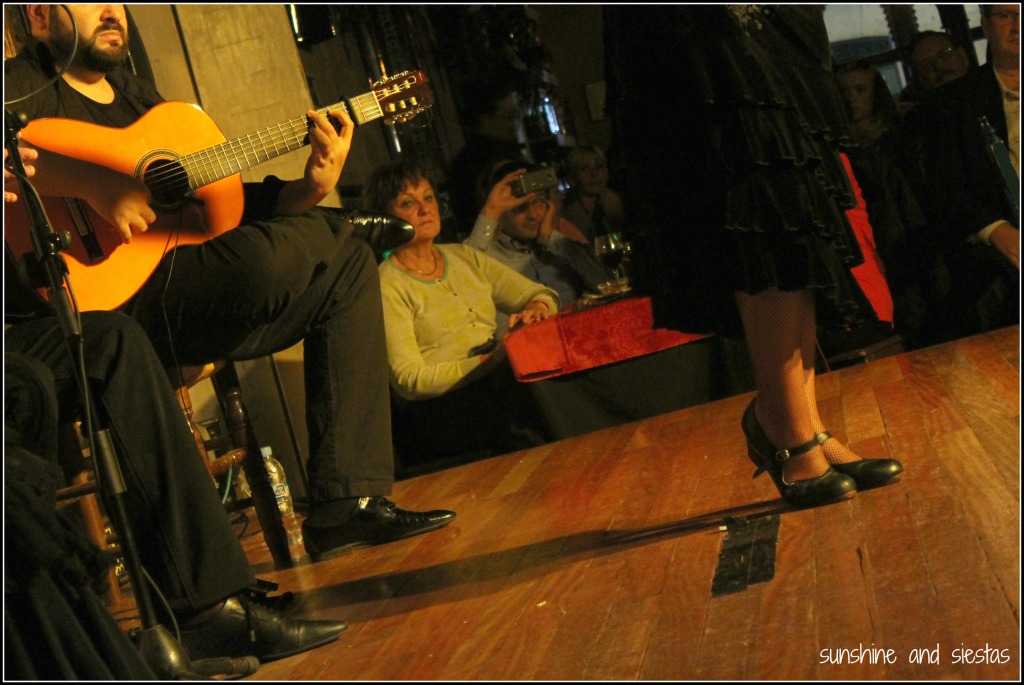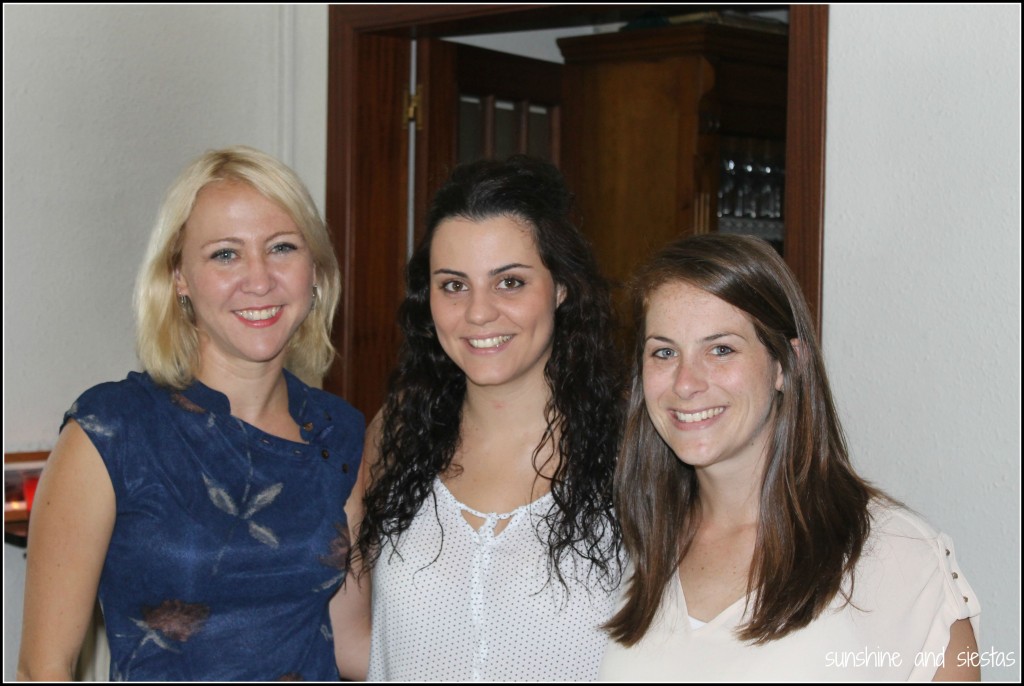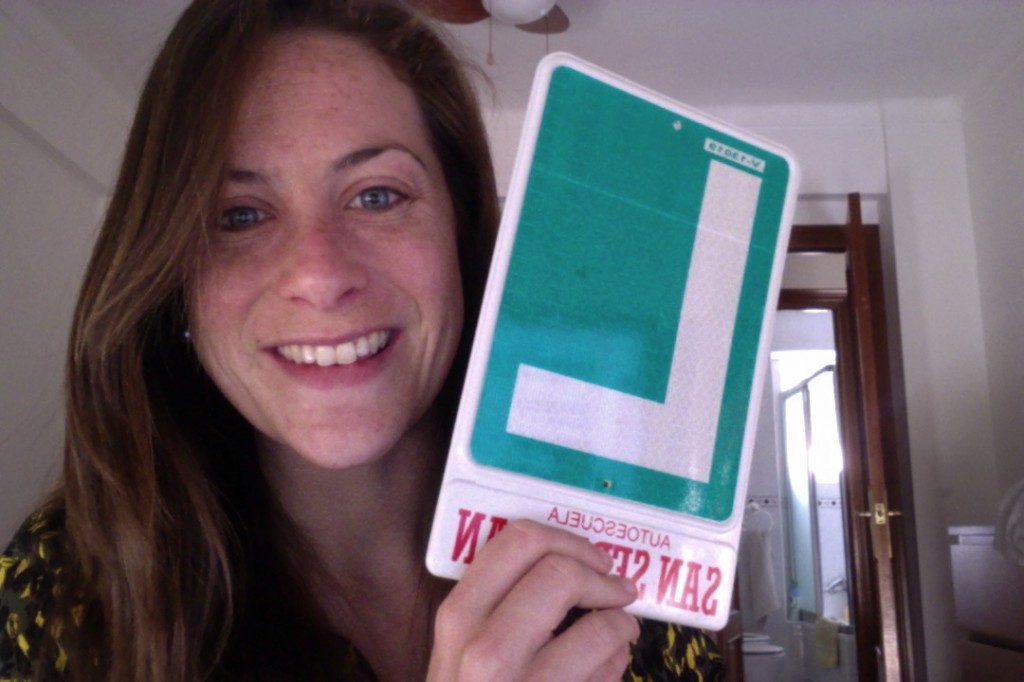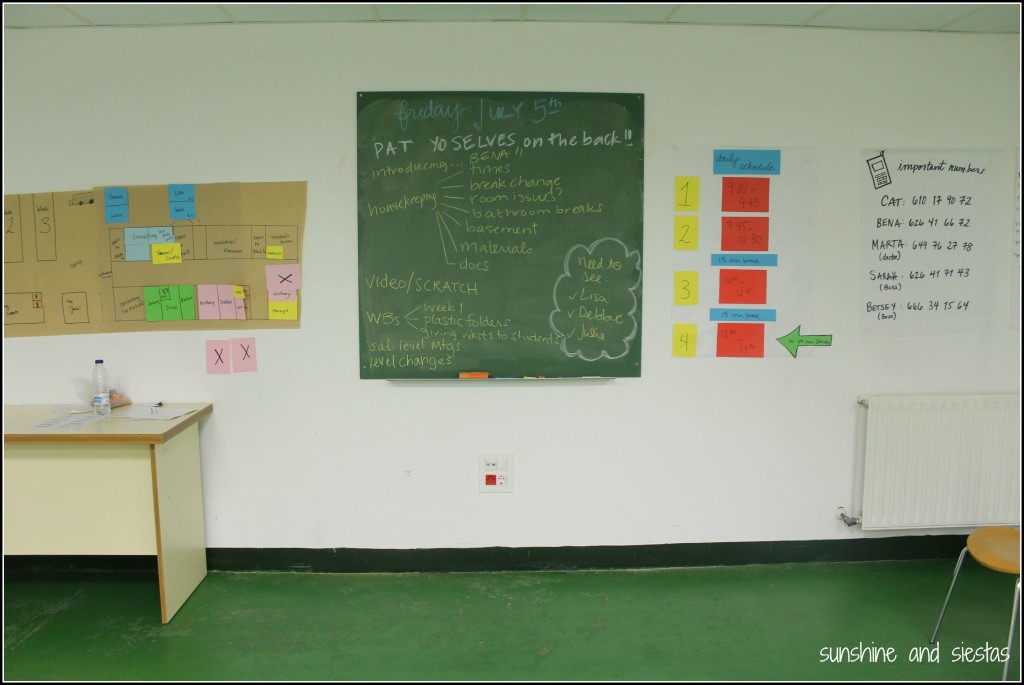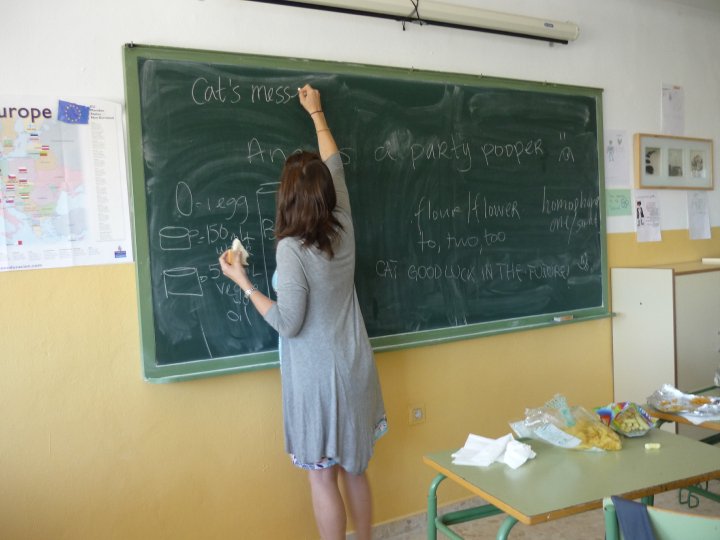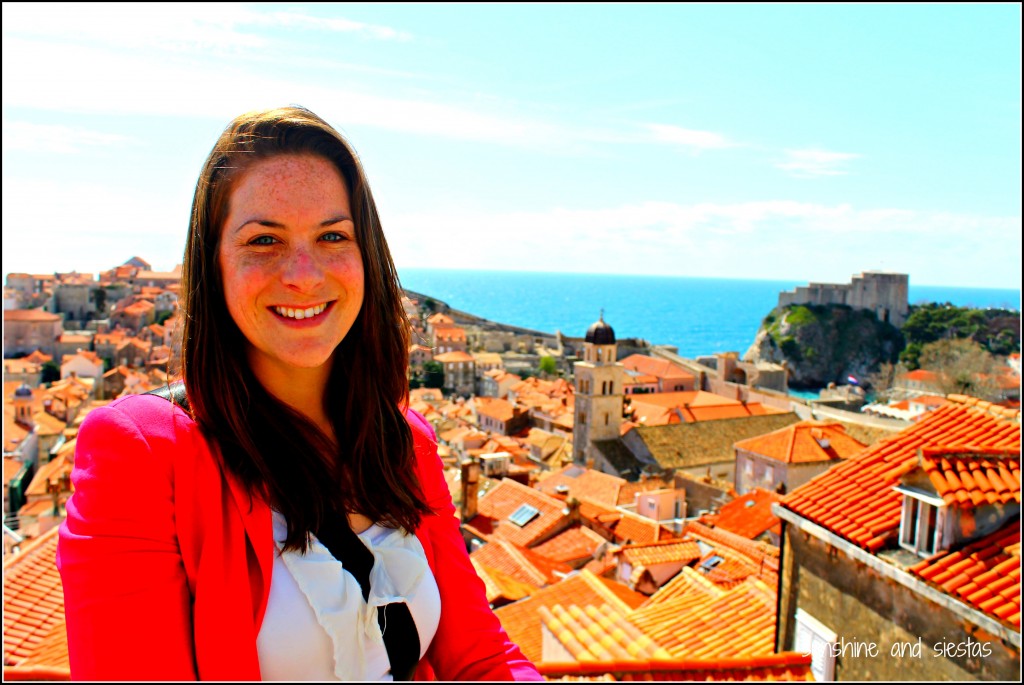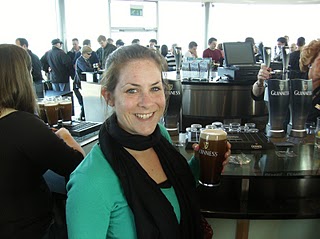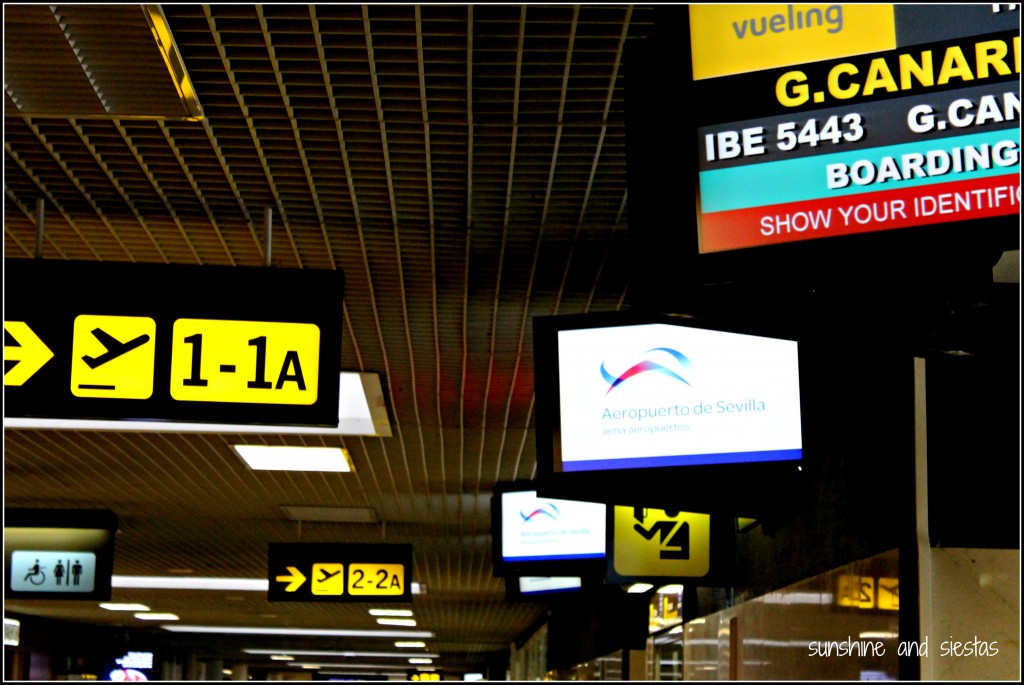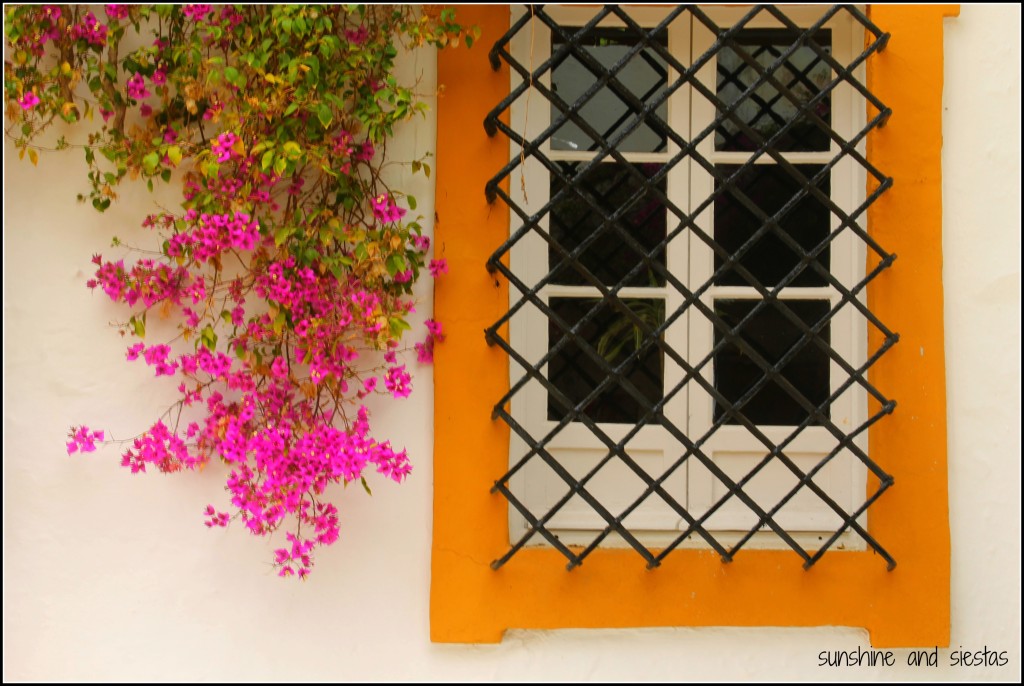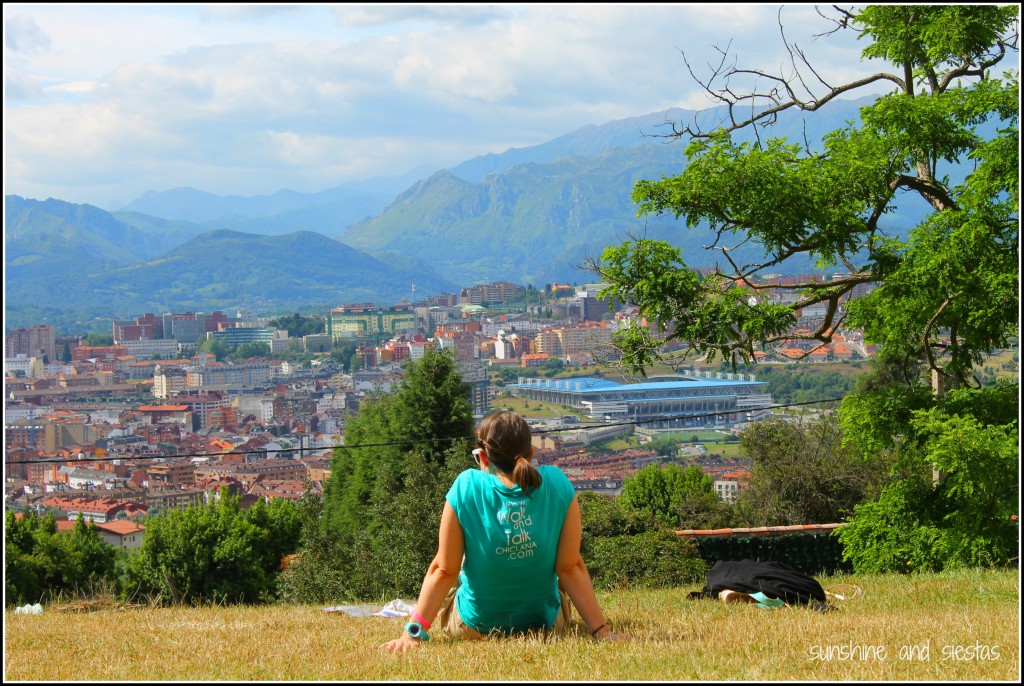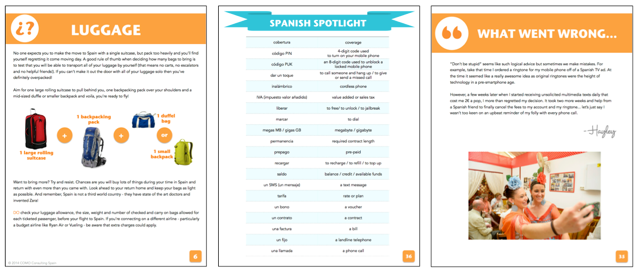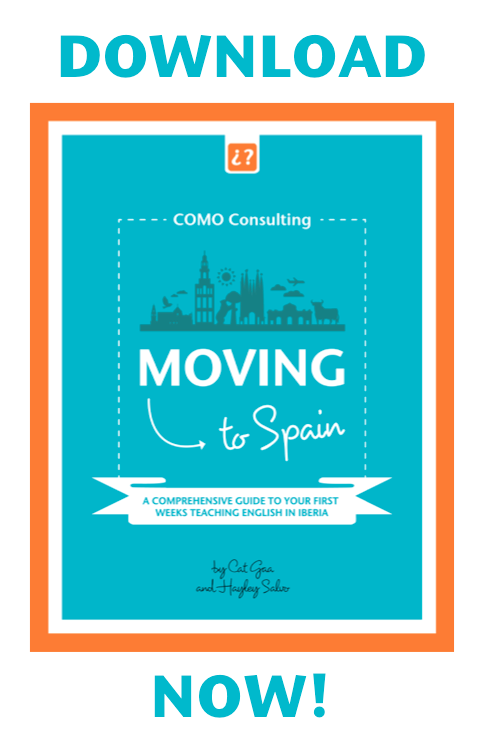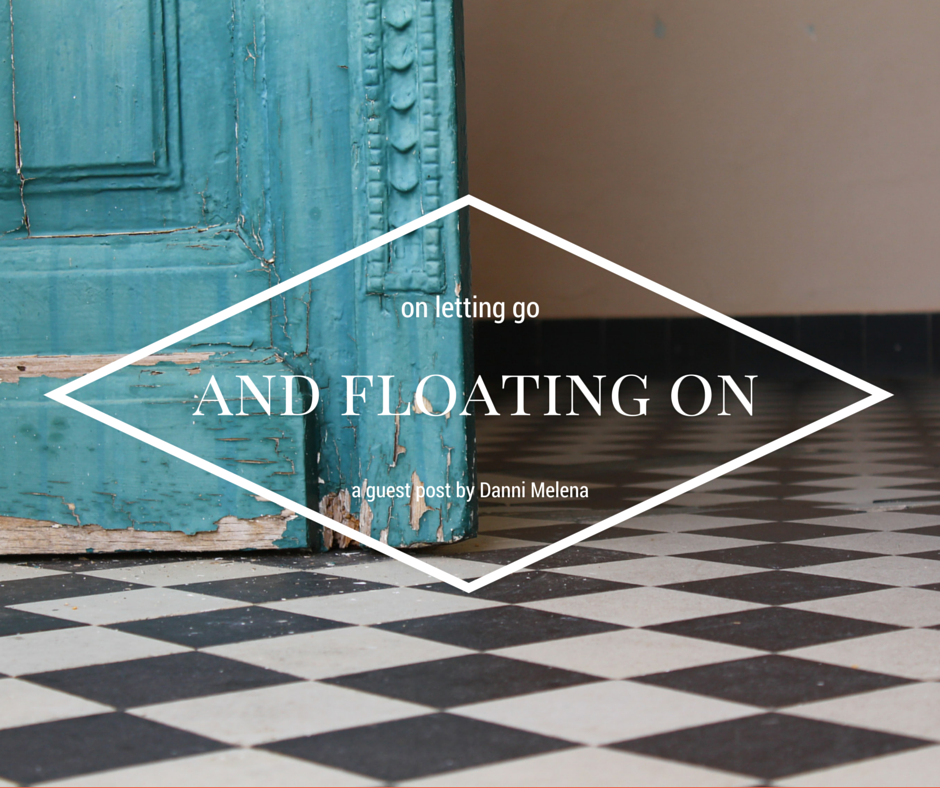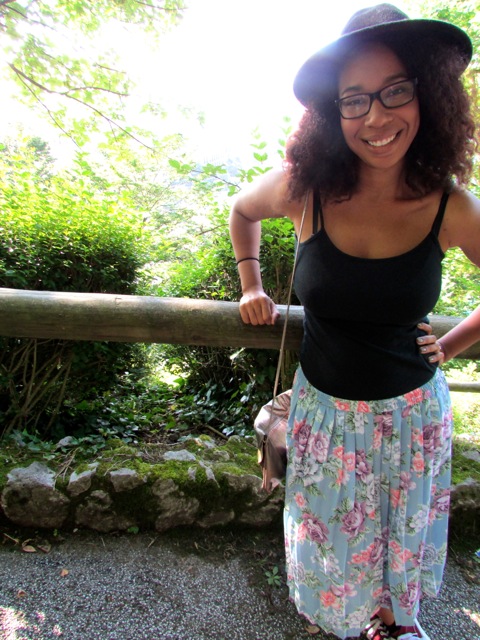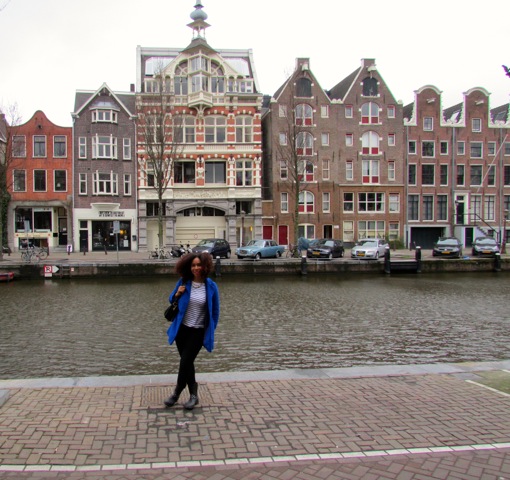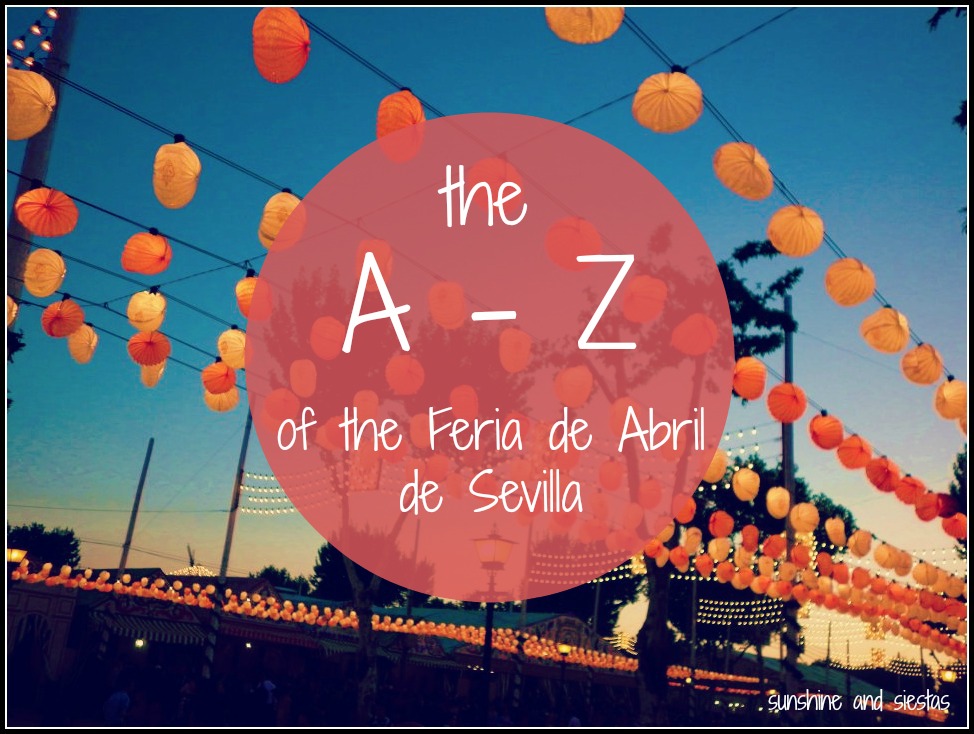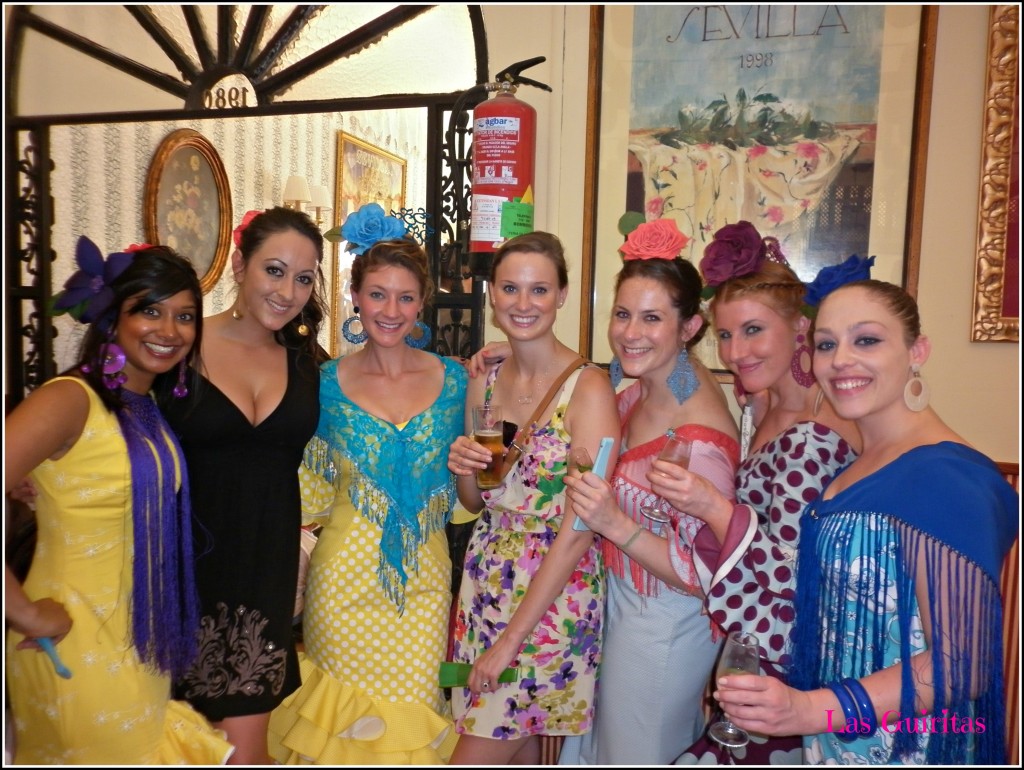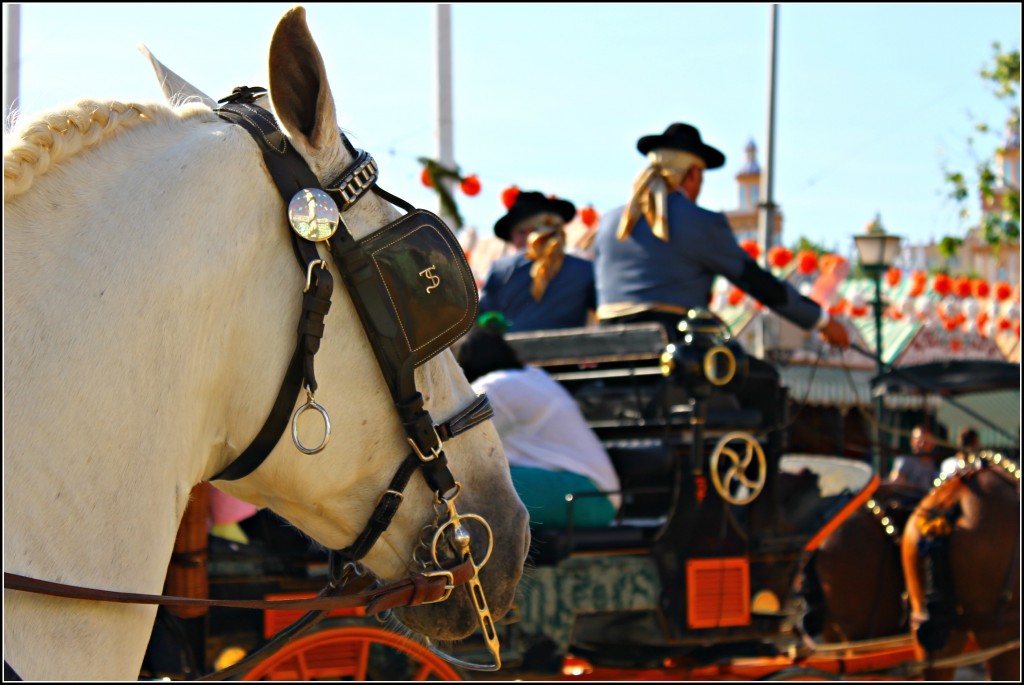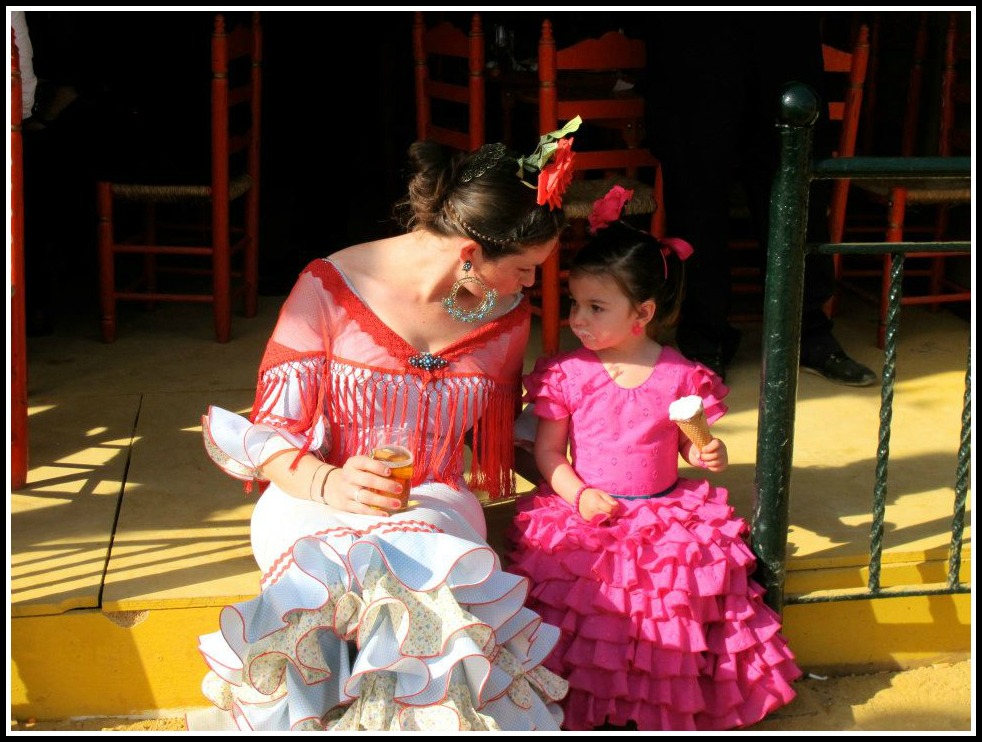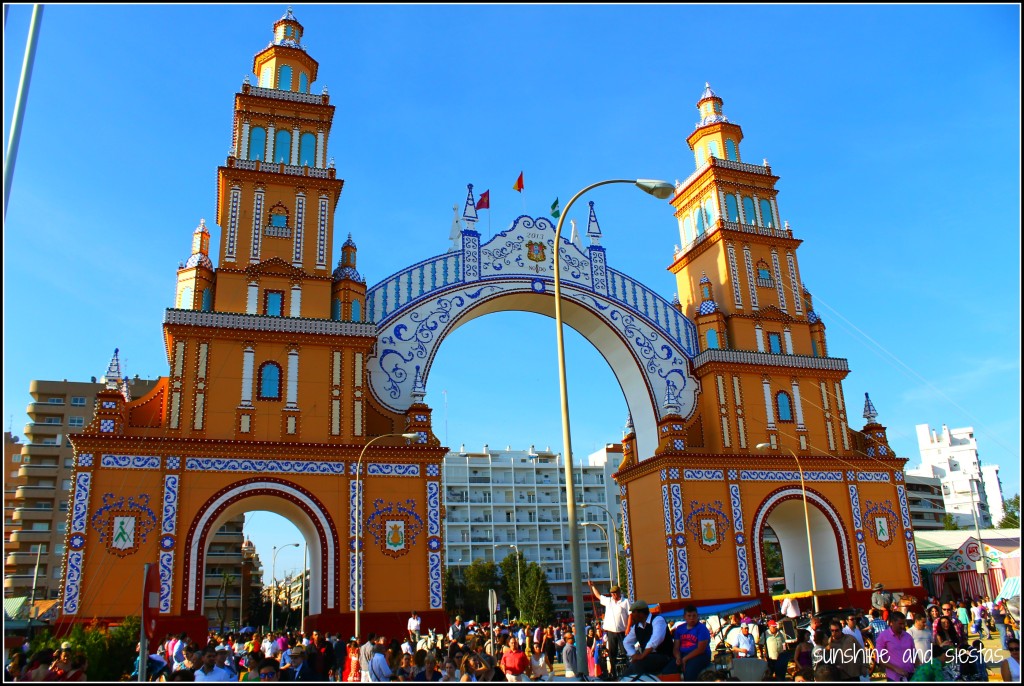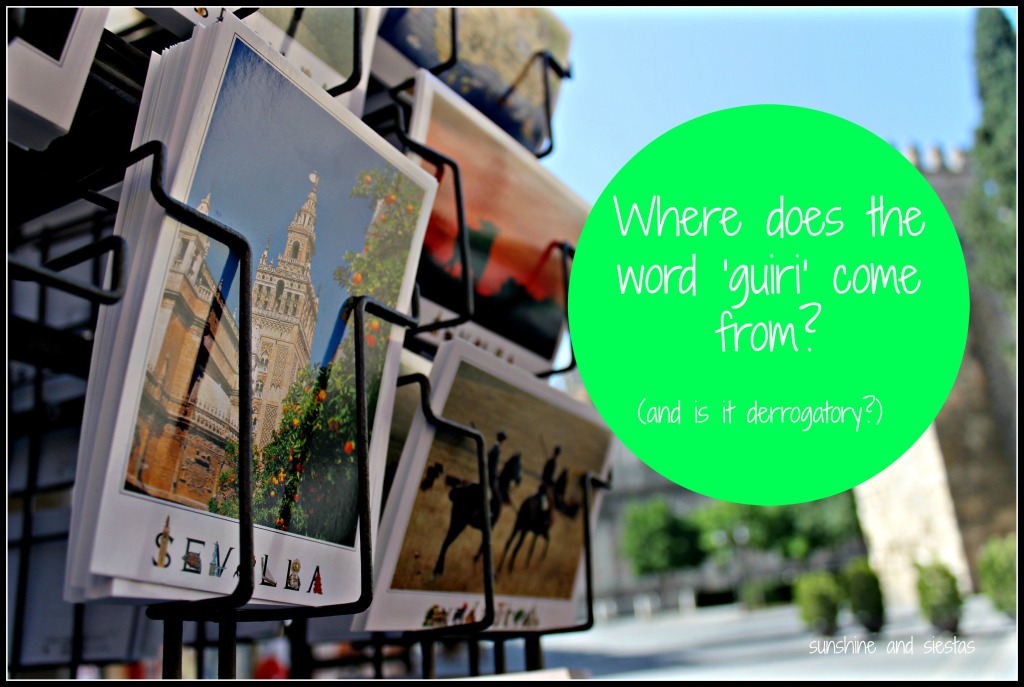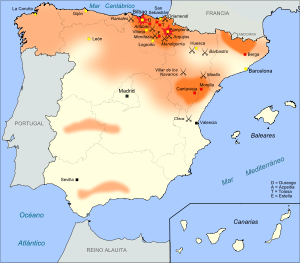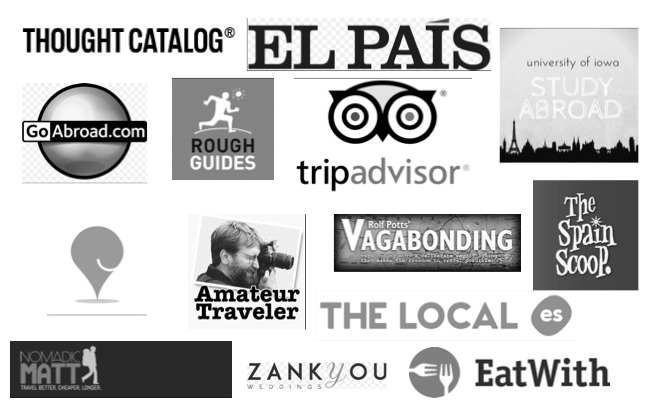I popped Pereza’s 2005 breakout disc, “Animales” into Pequeño Monty’s antiquated CR player as soon as I’d rolled down the windows. As a study abroad student, I’d listed to “Princesas” more times than I could count, on each play slowly deciphering the song.
After eight years in Spain, I’ve finally memorized and can understand all 10 songs. For the girl who whined about having to learn Spanish instead of French, I can say for the umpeenth time that Mother Knows Best – My name is Cat, y soy una hispanófila.
400 million Facebook friends
It’s more than just the 400 million hispanoparlantes – when you start speaking the language fluently it’s like a whole new galaxy opens up. I cannot only talk to what feels like a billion new people but I have access to many great Spanish movies, understand Spanish music in a completely new way and have had the opportunity to immerse myself into a very rich Spanish culture (hola, daily naps and delicious food!). More than anything, I’ve made countless new friends all over the world, which is why I rely apps like NobelApp to be able to make cheap international calls.
Staying in touch ten years ago when I studied abroad meant standing in line at a locurtorio – now I just need to have my mobile phone on me!
Immersing in the Spanish Linguistic Culture
In my experience, Spanish speakers are quite proud of their linguistic heritage, and because a fairly large number doesn’t know English at a highly functional level, I’ve been able to learn to hold my own in a second language (in addition to having the need for English keep me employed!).
I’m constantly amazed by new words, their use and mostly their origin. Did you know that the Spanish word for lizard (lagarto) gave way to the word alligator in English culture? Thankfully, the Novio is a linguistic wiz who never tires of explaining!
Keeping in touch through NobelApp
In these eight years in Seville (and counting!), I have made Spanish-speaking friends from all over the world – from my Erasmus friends to the amigos from Peru, Chile, Argentina, Uruguay and Mexico. Luckily through cheap international calls by NobelCom I manage to keep in touch with most of them, calling them on their celulares anytime I like without stressing over the cost – and they can do that through the same app to call me in Europe.
I love talking to my friends in Central and South America and asking them about their life and current events – especially because the Spanish-speaking world encompasses so much more than Spain.
I also get the chance to talk regularly with my friends in the US through mobile apps and social media, making me feel like El Charco isn’t so big.
El Mundo es un Pañuelo
Do you think it’s hard to adapt to the warm Spanish sun, the easy-going lifestyle or the amazing food and good wine? Sí – I haven’t had any problems, but I often miss the comforts of home (mainly in the form of an all-beef hot dog and a shih tzu named Moxie.
I feel so fortunate that technology has advanced so much and that we have things like WiFi, 3G and VoIP and that we can call overseas for just a few cents. Nowadays, you don’t even have to rely on a solid Internet connection. All you need is a Nobelcom calling card and you can basically call anyone in the world from any landline or mobile phone by using a special access number and your dedicated PIN.
“Princesas” is still my favorite song on the album – in fact, it was the first song played at my wedding! As I spend more time in Spain, it’s nearly impossible to separate my vida española from the American one, but it’s fun to share in all of my expat circles around the world!
How do you stay in touch with your loved ones when abroad?
